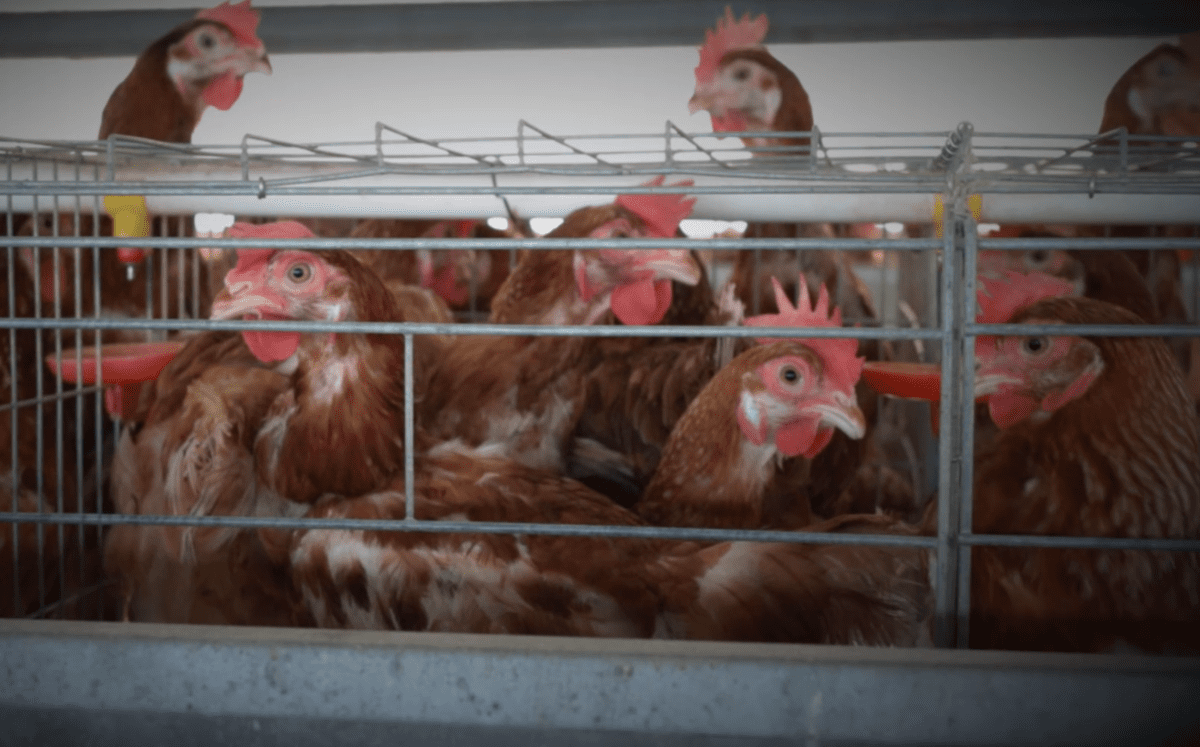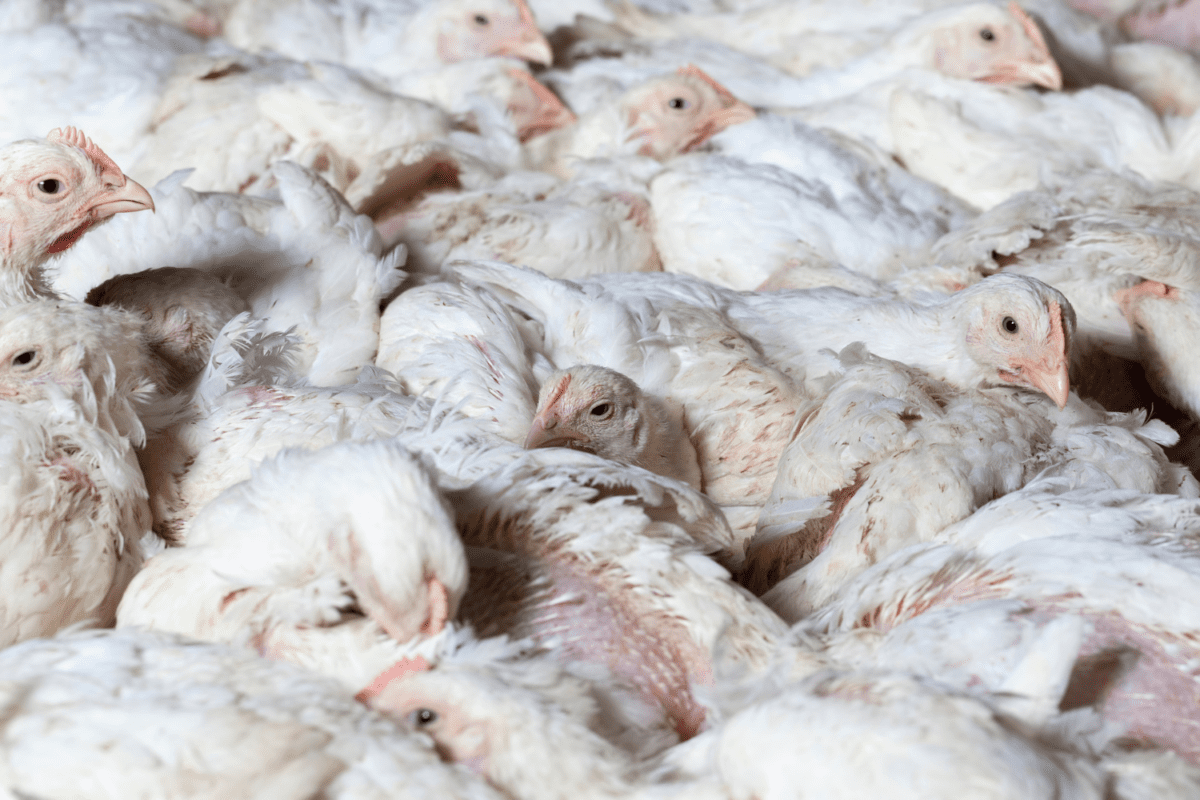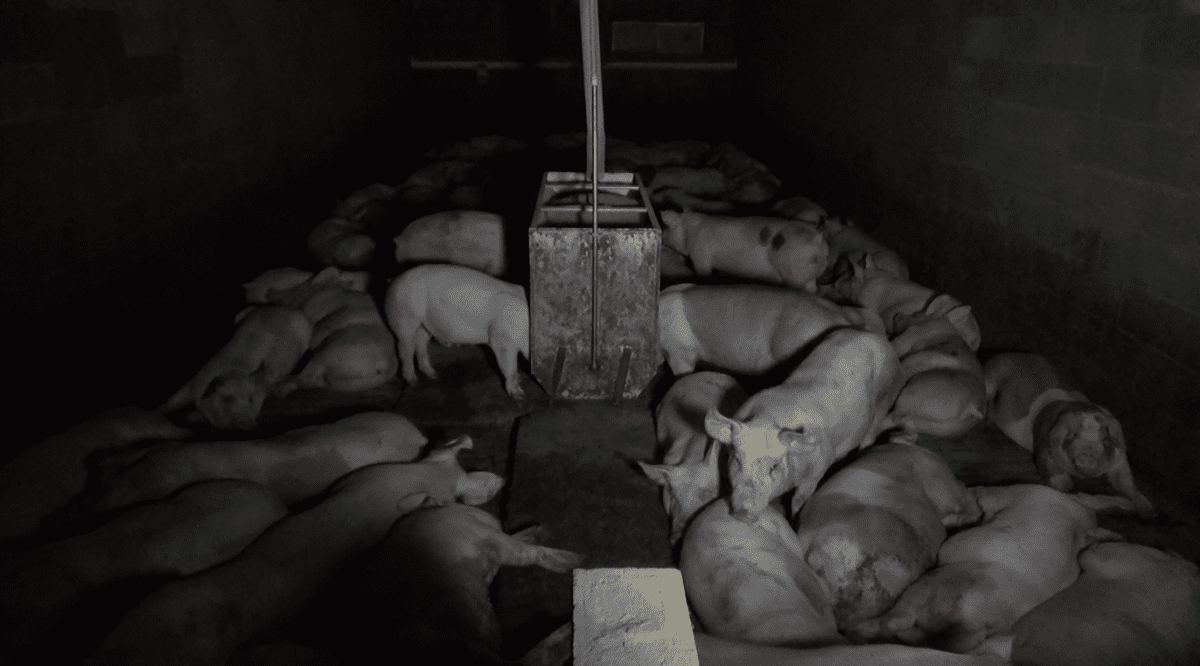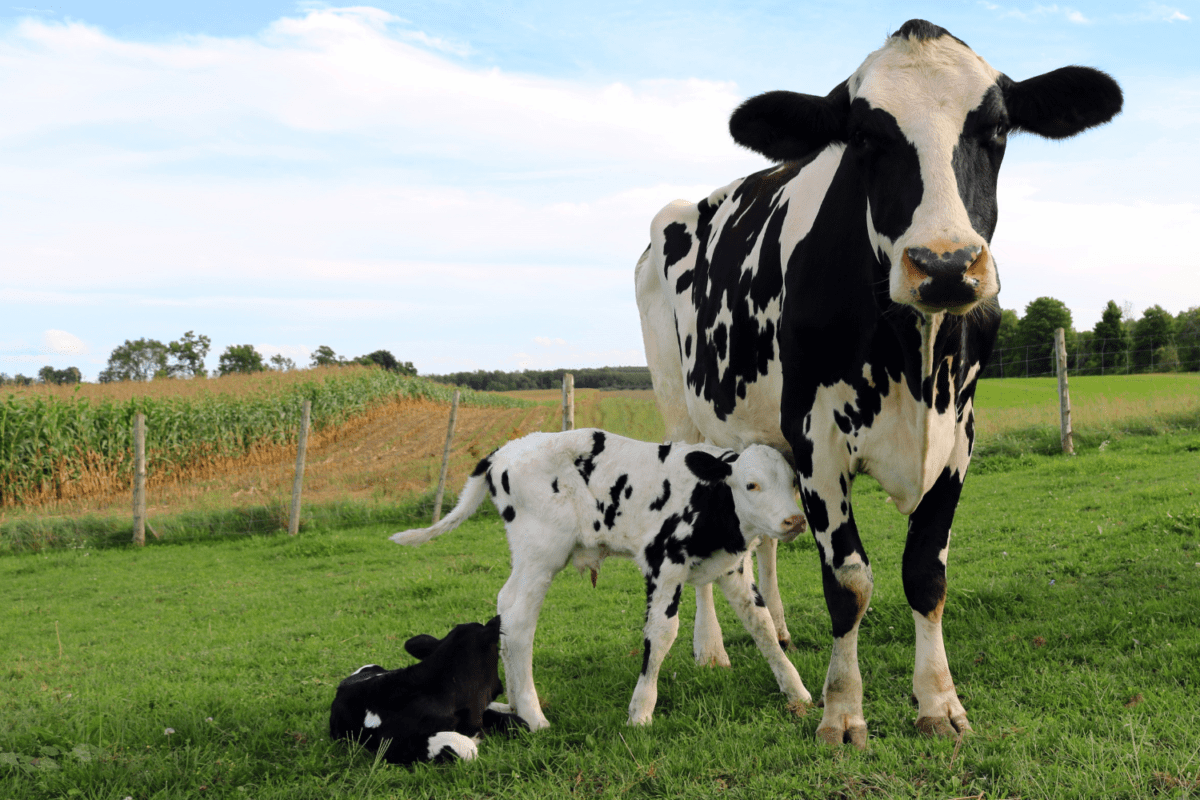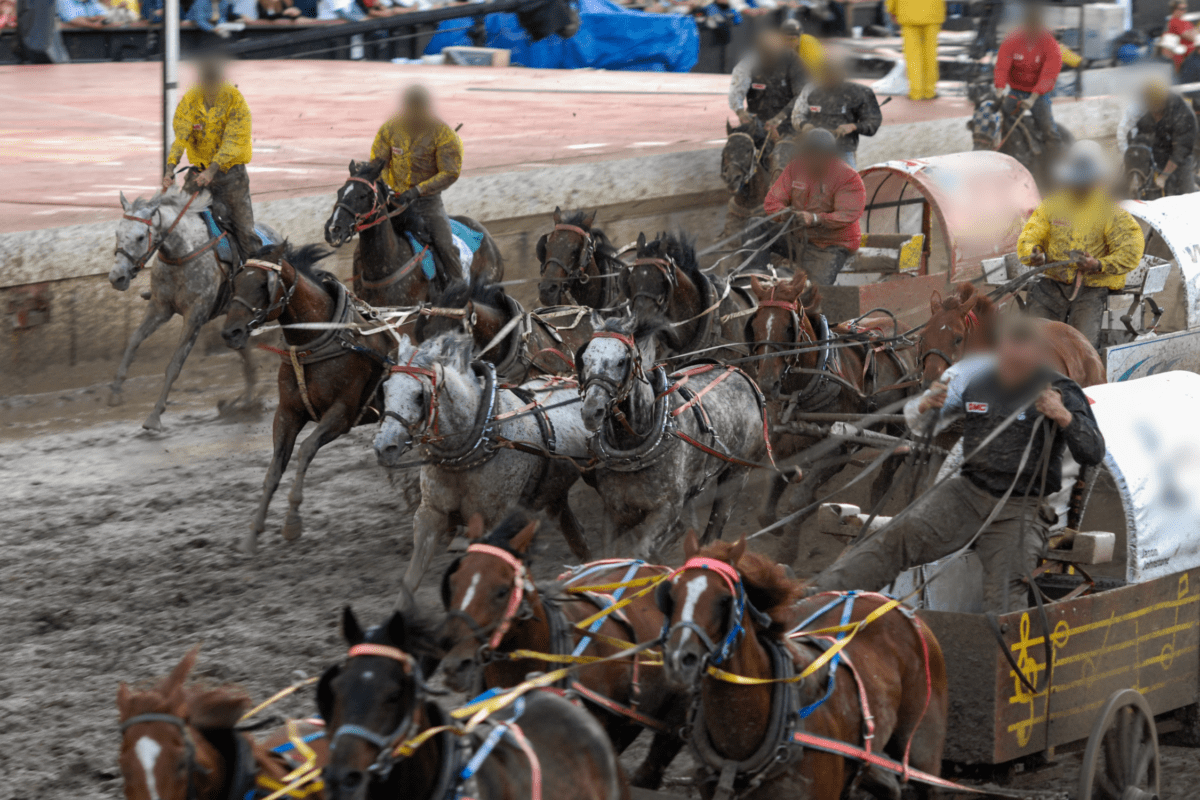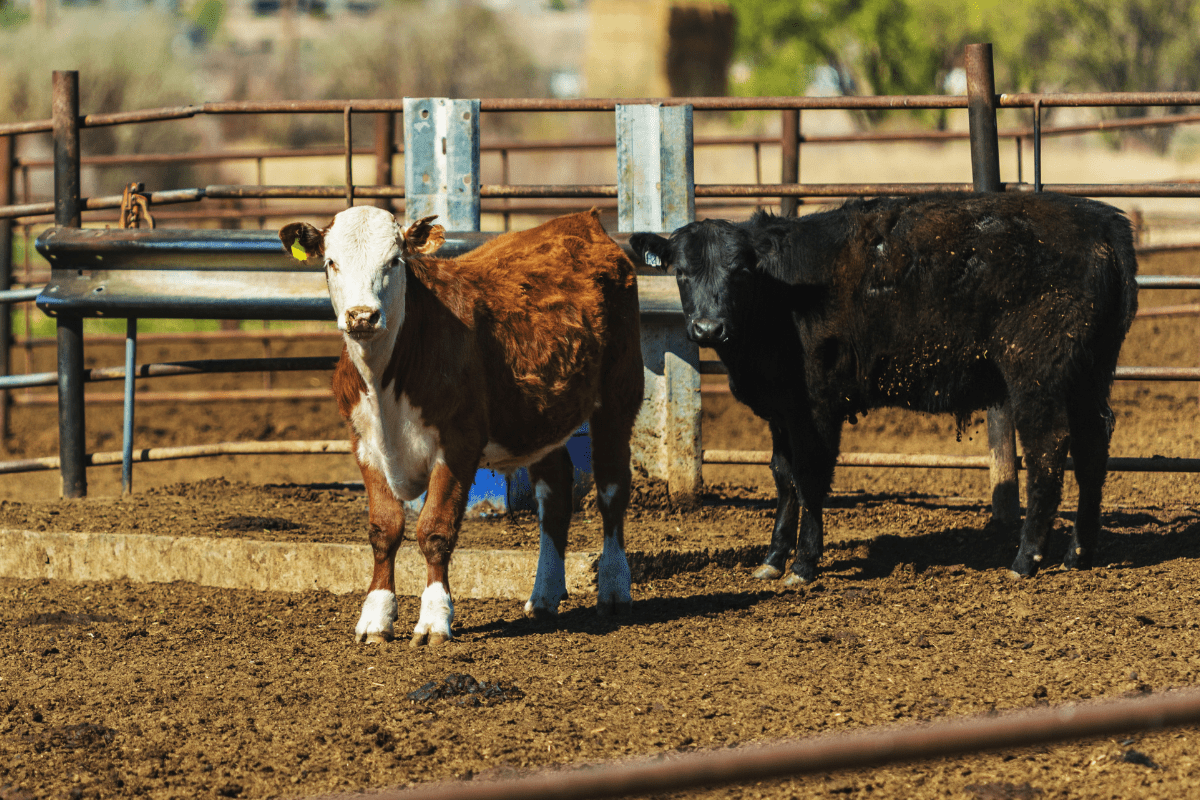- The Canadian Food Inspection Agency (CFIA) is looking for public feedback on proposed guidelines for how plant-based egg products can be labelled.
- While the intention is to prevent false or misleading advertising of plant-based products, research shows that consumers find labelling of eggs from chickens confusing.
- TAKE ACTION: Your input is needed to help advocate for fair and transparent labelling standards among all egg products in Canada. Share your feedback in a quick email before the consultation deadline of October 28th.
Key points to consider in your email
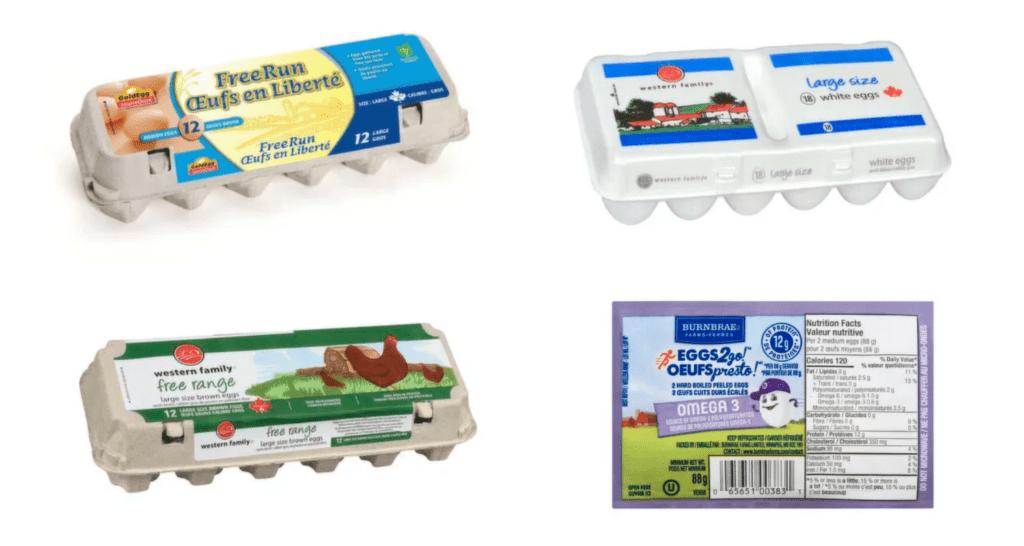
Chicken egg product labelling is confusing and misleading
A 2024 survey prepared by Bryant Research found that consumers are confused and misled by chicken egg labels and packaging.
Terms such as free-range, free-run, cage-free and enriched colony housing have no legal definitions. These terms, along with marketing tactics such as labels with images of happy hens frolicking in the grass, are misleading when compared to the on-farm conditions and methods of production.
Tip: Share your own experience with chicken egg labelling. Have you found it confusing to understand the welfare information and method of production (caged vs. cage-free eggs) of eggs at your grocery store?
Egg product labelling should include welfare information and method of production
Research shows that a majority of Canadian consumers think about animal welfare when deciding what eggs to purchase. The majority are willing to spend more when they believe the hens’ welfare is higher.
Consumers and advocates are increasingly calling for in-store egg labelling that includes animal welfare and method of production (e.g. caged vs. cage-free) information.
Fairness in labelling for ALL egg products
Guidelines for plant-based egg labelling must be fair and not put plant-based products at a disadvantage to animal-based products. Efforts to prevent misleading advertising and improve transparency must apply to ALL egg products.
10 minute survey
Have more time? You can learn more about the proposed guidance on plant-based egg labelling and submit your feedback via the online feedback questionnaire, which includes more questions.

